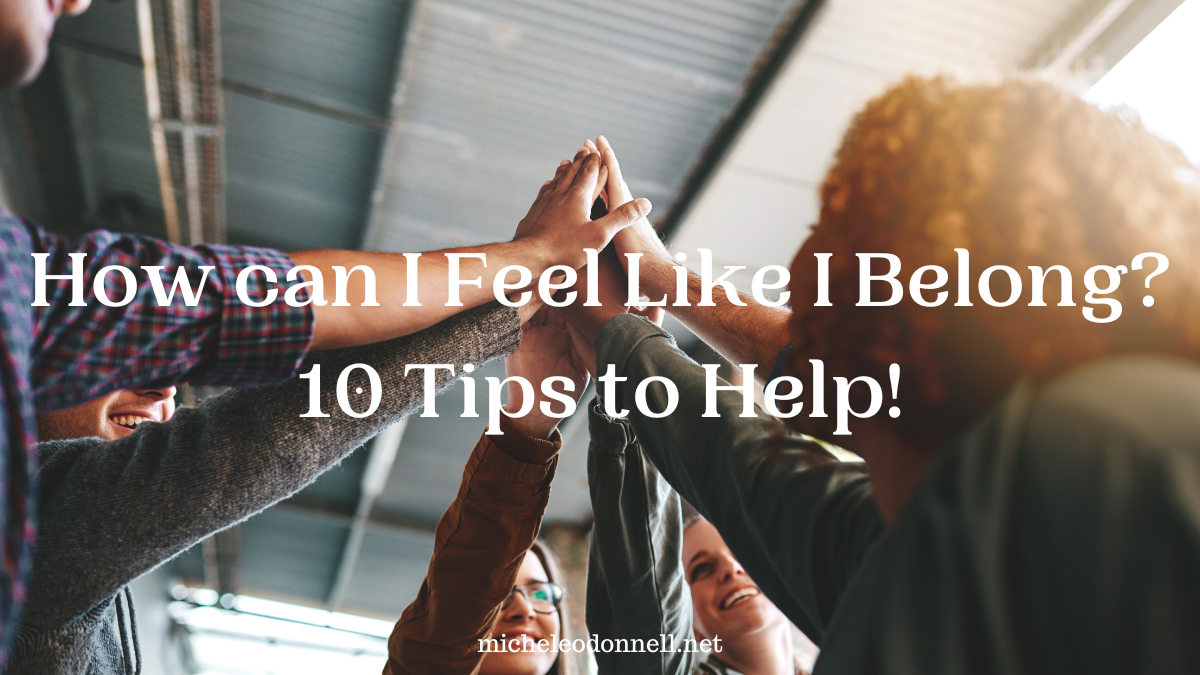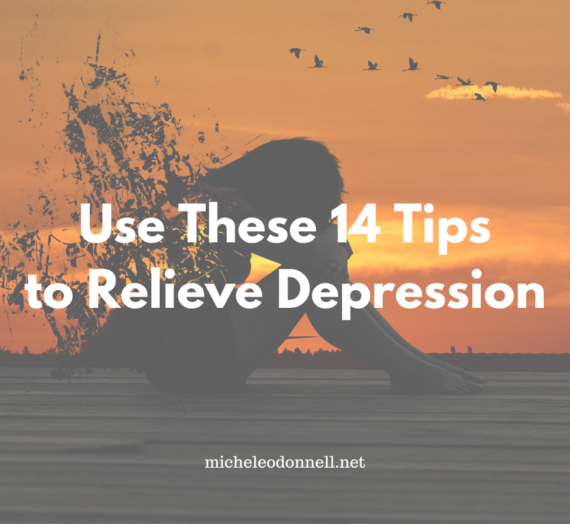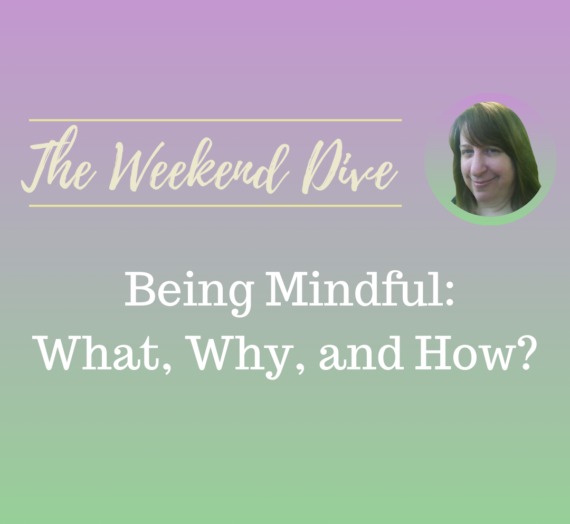Do you feel like you just don’t fit in or belong in social settings such as groups, communities, or even family?
From time to time, you might feel that you don’t belong or fit in anywhere and you may ask yourself “How can I feel like I belong somewhere?”
What does feeling like you don’t belong or fit in really mean? Why does this feeling matter?
This article delves into the concept of belonging, its psychological implications, and gives you practical steps to take to help you fit in and belong.
What Does Belonging Mean?
Belonging somewhere is the sense of being accepted for who you are. It’s being valued and feeling like you truly are a part of a community, group, or family. It means you feel a connection and that you fit in and do belong in the community that you choose.
Do you feel heard? Is your opinion validated and respected? Do the topics of discussion interest you? Do you feel like the people there are approachable and have common interests as you?
If so, then congratulations you belong somewhere! If not, then maybe you need to work on either our skills or find somewhere where your needs are met.
In a world where we are more “connected” than ever through digital platforms, it might seem impossible to feel like you don’t belong somewhere. How can you not find a community that you can feel connected to with so many “connections” in cyberspace?
We may be more “connected” in some sense through technology but in reality, we don’t have the physical connections like we did in the past. Even in modern society the fundamental human need for belonging remains as strong as ever. This sense of belonging has a deep hold on our psyche and shapes our identities, emotions, and overall well-being.
Connection can be achieved physically or through technology. Physically is preferable; but connection through technology is the next best thing. Although it will look quite different.
But one thing for sure is connection, belonging, fitting in is a human need that should be filled for our overall well-being.
If you are looking for a community of like-minded women who support each other than I invite you to join The Gathering – A Women’s Circle, a free FB group.
There we will celebrate and encourage one another through our unique collective experience.
The Nature of Belonging
Belonging is a primal human instinct that stems from our beginning. Throughout human history, we have thrived in groups and communities. We have relied on collaboration and cooperation from others for survival. This inherent need for connection has shaped our brains, psychology, and behaviors so that even today we have the same need to belong and fit in.
The feeling of belonging is about feeling understood, accepted, and valued for who we are. Whether it’s a family, a friendship circle, a workplace, or an online community, belonging provides a space where individuals can share their experiences, find common ground, and develop a sense of identity.
Psychological Implications of Belonging
This sense of belonging has a profound impact on mental health and our well-being. Studies in psychology have consistently highlighted this fact. When individuals feel like they belong, they experience reduced feelings of loneliness, anxiety, and depression. This is because belonging triggers the release of neurochemicals such as oxytocin and dopamine, which are associated with positive emotions and bonding.
Furthermore, a strong sense of belonging contributes to higher self-esteem and confidence. When people feel accepted by their peers, they are more likely to develop a positive self-image and pursue life with greater vigor.
Impact on Society
What impact does belonging have on society? Societies that prioritize belonging tend to experience reduced social isolation, crime rates, and instances of discrimination. When people feel valued and included, they are more likely to contribute positively to their communities, which fosters an environment of collaboration and mutual support.
In addition, a strong sense of belonging encourages individuals to engage in acts of kindness and charitable acts. Whether it’s volunteering, supporting charitable causes, or simply being a good neighbor, a sense of belonging motivates people to contribute to the well-being of others.
“As you can see, belonging to something greater than yourself is a deep need in humans. Belonging is important for your overall well-being and happiness.“
Here are some tips to help you foster a sense of belonging:
Find Your Tribe
Seek out groups or communities that share your interests, values, or hobbies. Whether it’s sports, a book club, volunteer organization, or an online forum, connecting with like-minded individuals can create a sense of connection.
Engage Actively
Actively participate in the activities and discussions of your chosen communities. Contributing your thoughts and opinions helps you become an integral part of the group and establishes your presence.
Show Authenticity
Be yourself. Authenticity attracts like-minded people and creates a strong foundation for genuine connections. When you’re true to yourself, you’re more likely to find people who appreciate and resonate with your personality.
Practice Empathy
Empathize with others by actively listening and understanding their perspectives. Showing empathy fosters deeper connections and helps create an atmosphere of mutual understanding.
Initiate Conversations
Take the initiative to strike up conversations and get to know people. This can help break the ice and gradually build relationships.
Attend Events
Participate in events or gatherings organized by your community. Whether they’re social gatherings, workshops, or meetups, these events provide opportunities to interact and bond with others.
Be Open to New Connections
While it’s important to find your niche, be open to meeting people from diverse backgrounds. Embracing diversity enriches your experiences and widens your social circle.
Share Your Passions
When you’re passionate about something, sharing it with others can be infectious. Enthusiasm is often contagious and can attract others who share your interests.
Support Others
Offering support, encouragement, and assistance to others creates a positive image and fosters a sense of belonging. Helping others strengthens the bond within the community.
Avoid Comparison
Comparing yourself to others can lead to feelings of inadequacy. Remember that everyone has their own journey, and focusing on your own growth and contributions is more important.
Finally, communities, both physical and virtual, play a crucial role in fostering a sense of belonging. These spaces provide platforms for individuals to share experiences, exchange ideas, and establish connections.
However, fostering a sense of belonging in communities requires intentional effort on our part but the benefits we receive is well worth it.
Remember that the journey to feeling like you belong is unique for everyone. It’s about finding spaces where you can be yourself, connect with others, and contribute meaningfully. Be patient, open-minded, and proactive in your efforts, and over time, you’ll likely find yourself feeling more connected and belonging within your chosen community, group, or cause.
Until next time.
Love & Light

Or if you would prefer to join a group for all:




